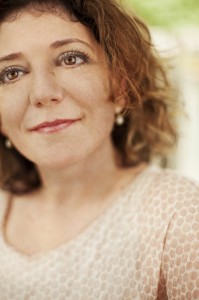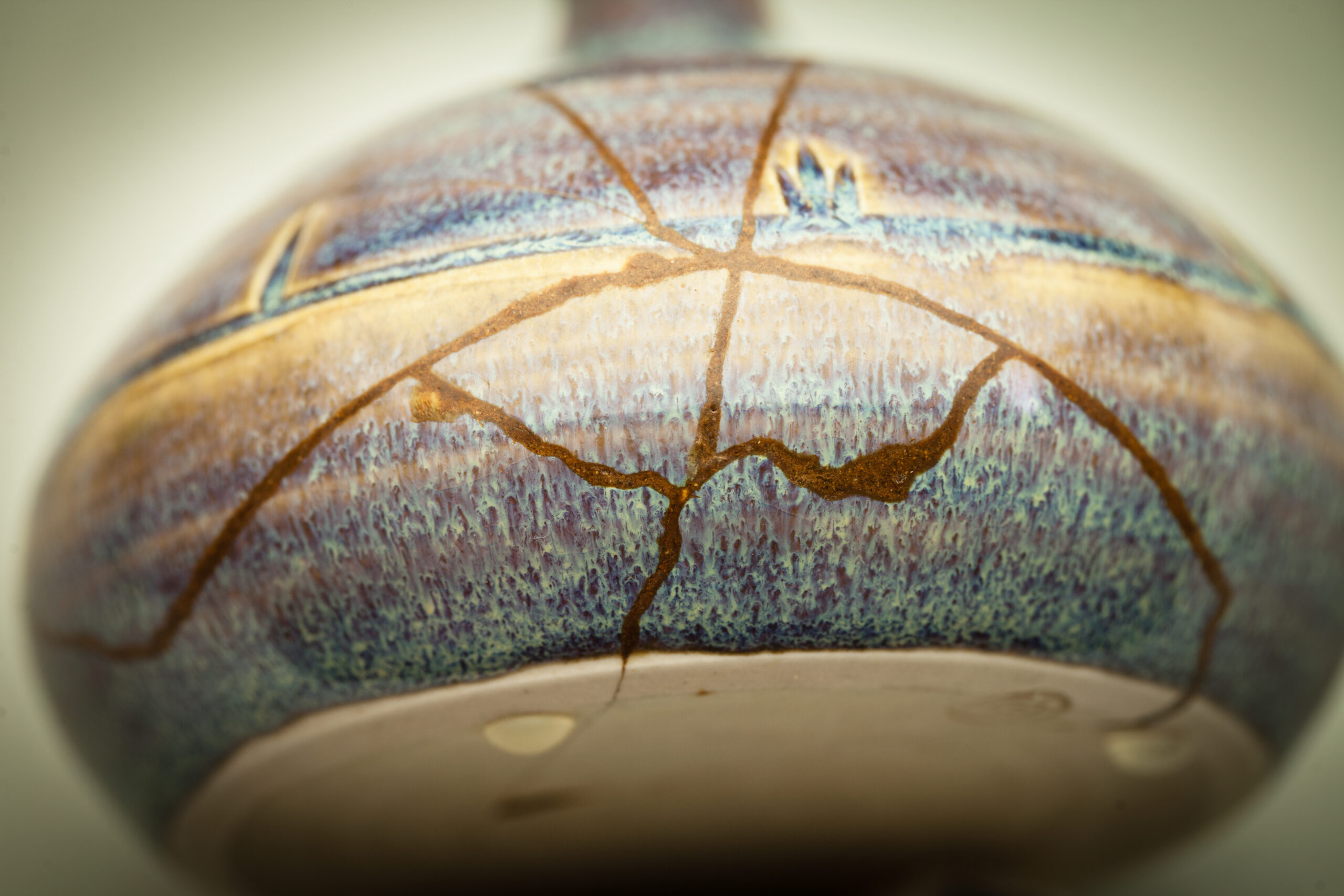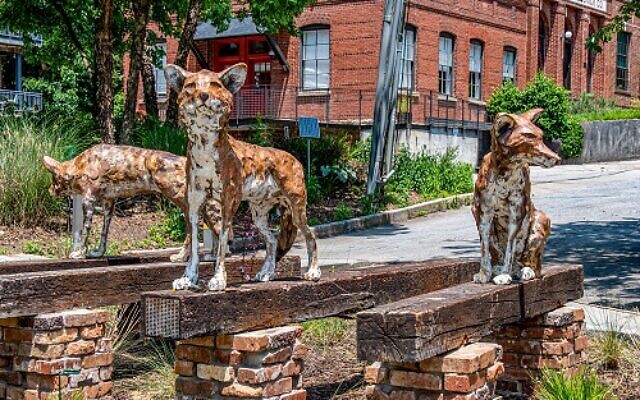Katie Steedly’s first-person piece [The Unspeakable Gift] is a riveting retelling of her participation in a National Institutes of Health study that aided her quest to come to grips with her life of living with a rare genetic disorder. Her writing is superb.
In recognition of receiving the Dateline Award for the Washingtonian Magazine essay, The Unspeakable Gift.
Enter your email here to receive Weekly Wide-Awake
Now I Become Myself

Now I become myself./It’s taken time, many years and places./I have been dissolved and shaken,/Worn other people’s faces . . .
May Sarton
Chapter Two in Parker Palmer’s Let You Life Speak: Listening For the Voice of Vocation, “Now I Become Myself,” asks us the question of vocation and calling. Acknowledging the wisdom he has gained over many years of “wearing other people’s faces,” he points to an evolution into our truth – our true selves – our vocations. He states, “Today I understand vocation quite differently – not as a goal to be achieved but as a gift to be received. Discovering vocation does not mean scrambling toward some prize just beyond my reach but accepting the treasure of true self I already possess.” He quotes Frederick Buechner’s assertion that vocation is “the place where your deep gladness meets the world’s deep need.”
Palmer uses this essay to recount his vocation story. His story is one I deeply understand. Setting very specific goals at a young age and having the certainty of youth on my side. Seeing early goals achieved and then quickly fall apart — the coming together and falling apart being the rhythm of discovering our vocation. Using the falling apart moments — the moments when we question absolutely everything, when we bargain with Universe for signs and direction, when failure stings and joy requires seeking and seeing — as fuel for vocation’s fire makes all the difference.
Palmer views the search for our vocation as a pilgrimage, quoting Cosineau’s understanding of pilgrimage as a, “transformative journey to a sacred center.” That makes sense to me in the way that in my toughest moments, my sacred center is the only thing of which I am sure. From my sacred center, I listen and learn from both praise and critique. I forgive myself and others. I see vulnerability as strength and humility as power. When I think about my professional journey as a pilgrimage, and do not separate it from my personal journey, several things become clear. I have learned important things from jobs that I did not fit and “bad bosses.” Doing more of what I am good at and less of what I am not does not feel like an escape but rather a homecoming. Following our vocation, finding a true professional and personal fit, is possible when we look at work as love manifest.
Why make a vocation pilgrimage? Is it important to become ourselves? Must we take the journey back to ourselves? Palmer explains, “The world needs people with the patience and the passion to make the pilgrimage not only for their own sake also as a social and political act. The world still waits for the truth that will set us free – … Cultivating that truth, I believe, is the authentic vocation of every human being.” Being so tired of wearing other people’s faces that we settle into our own. Whatever that is. However we fit. Making our work our love.
About Katie

From Louisville. Live in Atlanta. Curious by nature. Researcher by education. Writer by practice. Grateful heart by desire.
Buy the Book!
The Stage Is On Fire, a memoir about hope and change, reasons for voyaging, and dreams burning down can be purchased on Amazon.





